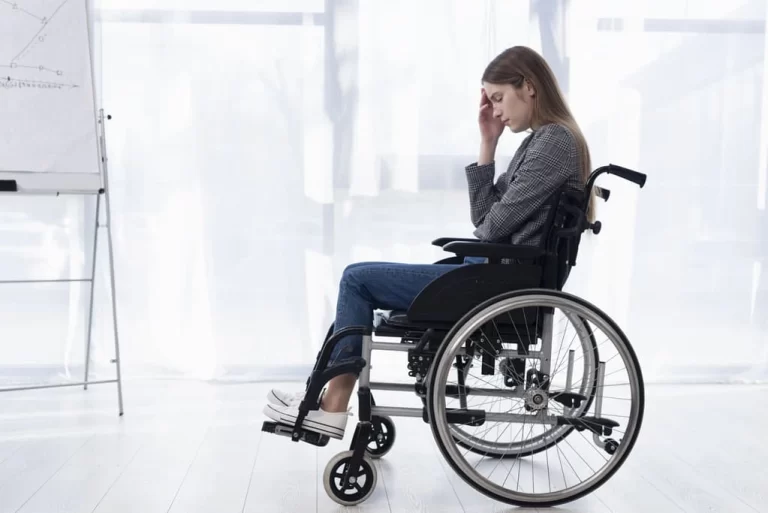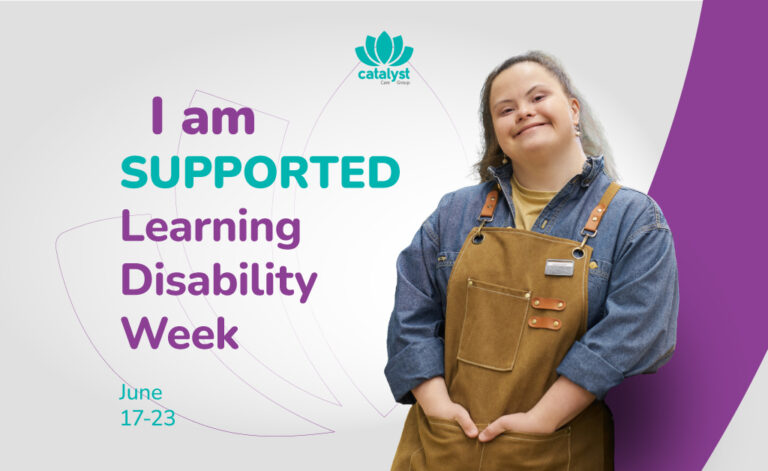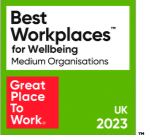What is Positive Risk Taking?
In health and social care, positive risk-taking is an approach that focuses on identifying people’s strengths and skills and empowering them to become the best version of themselves. Positive risk taking means taking prudently considered risks that will lead to positive outcomes for people we support, including improved well-being and fostering independence and dignity. Risk empowerment is important in health and social care because it allows people to control their own lives. Empowering people to make their own decisions is a fundamental part of the person-centred practice.
Positive risk-taking involves implementing a carefully thought-out strategy that gives people the freedom of choice and the right to make their own decisions regarding how they want to be cared for or how they want to spend their free time.
The primary duty of care providers and practitioners is to recognise and eliminate all potential factors and activities that could cause harm to the individual. However, promoting independence and well-being to achieve the best outcome for the people we serve sometimes involves taking positive risks.
Risk Assessment and Identification
The risk assessment process is not about encouraging people to engage in potential risks or risky activities. It’s about empowering people to control their lives, be active in decision-making and learn from these experiences. In this case, positive refers to the outcome rather than the risk-taking.
It’s important to note that the risk assessment process includes collaborative working with family members, caregivers and other healthcare assistants to minimise the potential of negative experiences and maximise the opportunity for achieving the best outcome possible.
Identification of Potential Benefit or Harm
The positive risk-taking strategy is based on a set of key elements specifically tailored to the individual’s needs. When making the risk assessment plan, care practitioners and everyone involved consider the following:
- Description of the potential risk, e.g., an activity that the person wants to engage in
- Nature of risk, e.g., in what way a particular activity could potentially cause harm
- Consideration of the risk benefits according to the individual and their values and beliefs
- Recognition and agreement with the individual on any preventive measures necessary to reduce the risk level
- Cross-referencing with any additional relevant care plan elements
- Proof of consent
Examples of Positive Risk Taking Approach
The actions taken in positive risk-taking include small everyday activities like going outside to the supermarket, coffee shop, and social events independently or with support workers. These activities might have been an issue due to physical or emotional challenges. In other cases, the actions may involve gradual steps towards long-term goals, leading to positive achievement if completed as intended.
Sometimes, these actions may be specific like:
- Going to the coffee shop, cinema or supermarket without support
- Taking a walk around the park alone
- Going on a bus with support workers
- Joining a club
Many people with neurodevelopment differences and mental health challenges have long-term aspirations and goals, such as:
- Earning a degree
- Taking an educational class
- Finding a full-time job or volunteering
- Promoting their talents (e.g., through an art exhibition)
It’s important to note that the positive risk taking method is used only when applicable, and the course of actions and risk levels depend on the individual circumstances and the person’s wishes and needs.
Benefits of Positive Risk Taking
Although preventing risks is a big part of what we do, there are occasions when taking thoughtfully considered risks can make people’s lives more joyful and help them maintain as much of their independence as possible. Positive risk-taking benefits care recipients but also helps people working in health and social care provide person-centred care by making safeguarding personal.
The benefits of positive risk taking include the following:
- Empowering people to pursue ambitions and goals
- Enabling decision-making
- Recognising and supporting people’s autonomy
- Promoting people’s rights in taking risks and making mistakes
- Encouraging self-esteem, self-management and independence
The benefits of positive risk-taking are best seen on-site when you witness the person’s transformation, independence, and, most of all, the happiness on people’s faces.

The Role of Positive Risk Taking in Mental Health Services
In wider terms, risk is defined as an event or activity that can have potentially negative outcomes for a person and others. In mental health services, the risk must be predicted and prevented to avoid any danger, damage or injury to the care recipient. However, risk-taking is an essential element of health and social care services.
Although our relationship with risks is often limiting and driven by the fear of having negative consequences, it also provides many positive opportunities. Namely, positive risk-taking can result in a source of creativity that will help find innovative solutions to daily challenges.
From the experiences of mental health nurses and other mental health professionals, positive risk-taking may be characterised by:
- True empowering of people through collaboration, co-production and a clear understanding of the risks and responsibilities that specific actions and services may provide
- Fostering people to make use of opportunities for personal growth and development
- Building a trusting relationship in which people we support can learn from their own experiences, based on taking chances just like anyone else
- Identifying all possible consequences of every action, making informed decisions based on understanding the consequences of different courses of action, and making decisions based on the multiple choices available
- Building valuable social interactions and interpersonal connections
Positive risk-taking is identifying and analysing the potential benefits and harms of choosing one action over another. This implies recognising the potential risks involved and designing plans and actions that deliberate the positive potential and priorities of the people we support. It means utilising available resources and support to achieve desired outcomes and minimise potential negative outcomes.
The Role of Positive Risk Taking in Social Care
The role of positive risk-taking in social care is to empower and promote the rights of people with complex care needs. The transforming social care approach is based on shifting from care management to an interpersonal and strengths-based approach, where the care practitioner is the navigator rather than the ‘fixer’ and protector.
At Catalyst Care Group, we work with people with complex care needs from a young age, adolescence, to adulthood and support them to:
- Grow their independence
- Express their views
- Be informed
- Take advantage of opportunities
- Learn from their experiences
- Learn new skills
- Make individual decisions
- Cooperate with others
- Live a fulfilling life
- Improve personal recovery
- Gain confidence
- Learn their rights and responsibilities
The risk-taking and assessment practices are dynamic and flexible and should be subject to change and adaptation according to the individual’s needs.
Importance of Positive Risk Taking within PBS
Positive risk-taking has become the differentiator of our proactive Positive Behaviour Support (PBS) practices. By taking positive risks, we can build capable environments where people can thrive, have their needs met and have access to positive interactions to engage in activities that are important to them.
In capable environments, behaviours of concern are less likely to happen, and people are empowered to live a good quality of life.
Using proactive PBS strategies allows us to:
- Provide person-centred care
- Make a positive impact on the lives of the individuals we support
- Increase quality of life
- Reduce behaviours of concern
- Support people the way they want to be supported
PBS and person-centred approaches have shown outstanding results when working with people who require additional help and support. To see the impact and positive outcomes of our heart-led and people-focused approach, please look at the real-life stories of families that our Catalyst Care Group brands work with.
For more information, don’t hesitate to get in touch with us today! We are here to meet your urgent and complex needs promptly.










